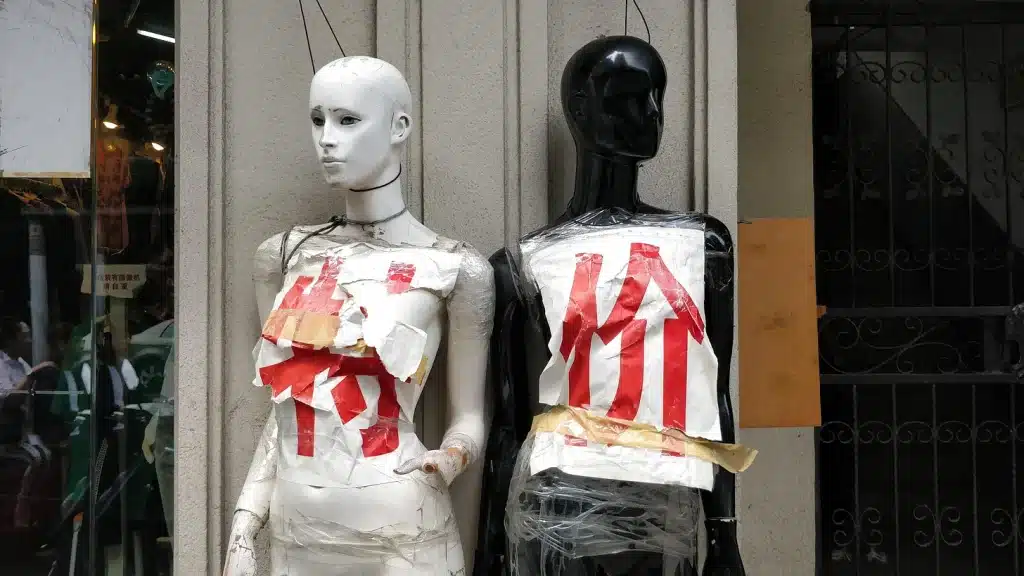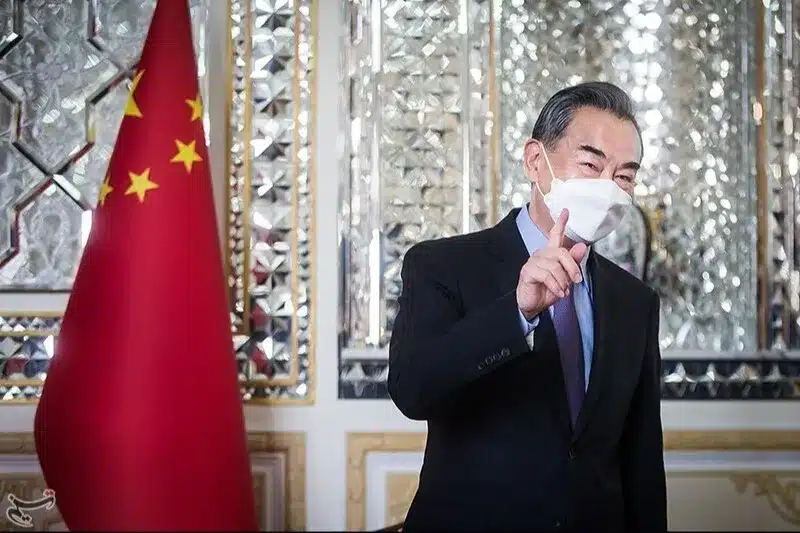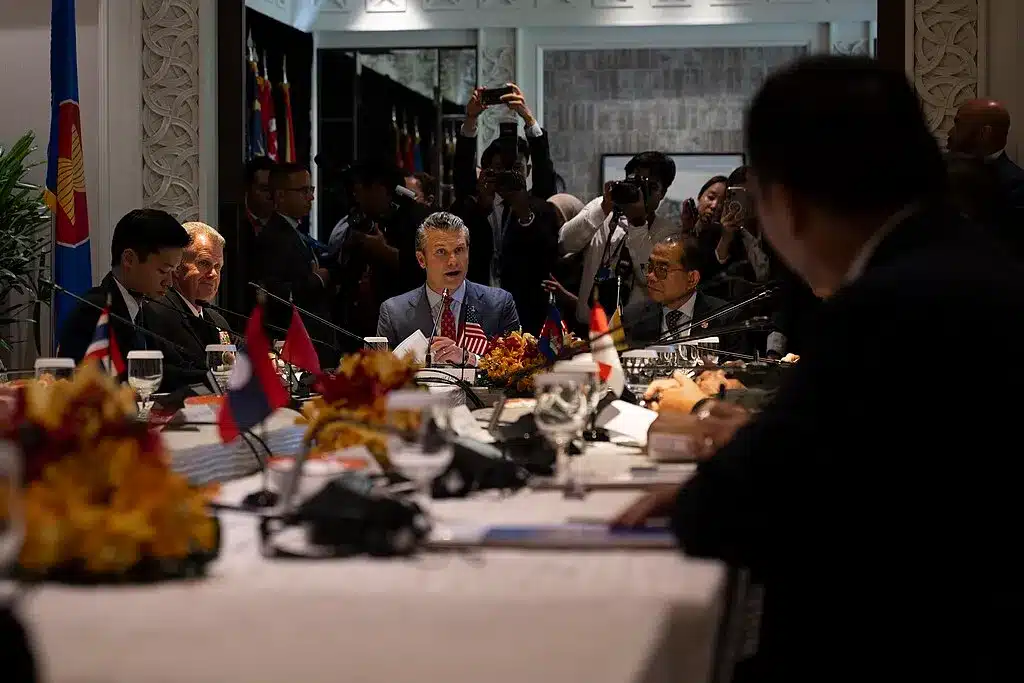Reflecting on the Legacy of Justice Sandra Day O’Connor: A Resonant Journey to China in 2002
With a heavy heart, I reflect upon the passing of Justice Sandra Day O’Connor, conservative but pragmatic justice who advocated for the fundamental rights of many, particularly for women, the LGBTQ community, and minorities. Her narrative—marked by a rugged upbringing on a Texan ranch, legal prowess honed at Stanford Law School, overcoming discrimination in the legal field, ascending to roles of political leadership and judgeship, and ultimately her appointment to the Supreme Court—is widely celebrated. Yet, not as commonly known is her influential involvement in China’s legal reforms.
In the late summer of 2002, during my tenure as a research scholar in the Asian law program at New York University School of Law, I was introduced by Jerome A. Cohen, a distinguished scholar of Chinese law, to Justice O’Connor’s forthcoming leadership of a federal judicial delegation to China. I was honored with an invitation to consult for the delegation, which included two appellate judges, three district judges, and a former U.S. representative to the International Court of Justice. Over an anticipated span of 10 days, we were to engage deeply with China’s legal framework.
Residing at the St. Regis Hotel—then known as the International Club Hotel—the delegation’s first day centered on acquainting themselves with the Chinese legal system. Despite my prior comprehensive briefing, Justice O’Connor’s thirst for knowledge was insatiable. She eagerly engaged with Professor Cohen and me at a small restaurant, probing deeply into topics she planned to raise with her Chinese counterparts. This diligent preparation foreshadowed the impactful outcomes, particularly following her lecture on criminal justice at the National Judges College. To ensure the lecture’s success, I was tasked with checking translation of her speech word-by-word and verified the precision of its translation.
The delegation’s Beijing itinerary spanned five days, punctuated by meetings with senior judges of the Supreme People’s Court, including Just Chief Justice Xiao Yang at the Great Hall of the People, the Minister of Justice, and an observation of trial proceedings at the Number Two Intermediate People’s Court of Beijing. It’s worthy of mentioning that Justice Cao Jianming would have accompanied Justice O’Connor for the entire trip, showing how seriously China took her visit. The cultural and diplomatic narrative continued with a visit to Xi’an, followed by Justice O’Connor addressing students and faculty in Shanghai at the Eastern China University of Political Science and Law—my alma mater. Her engagements, widely publicized, included an extensive interview with three legal publications, resonating profoundly within the Chinese legal community.
Justice O’Connor’s presence radiated charm and eloquence. Her inquiries during discussions with Chinese justices tackled the justice system’s most pressing challenges, fostering a new paradigm of open dialogue. Her visit came at a pivotal time—post-9/11 and amidst the delicate aftermath of a U.S. surveillance plane’s collision with a Chinese fighter jet—making the nurturing of Sino-American relations paramount. President Bush’s visit to China earlier in February that year set the stage for Justice O’Connor’s diplomatic endeavors, which culminated in President Jiang Zemin’s personal reception of her delegation, reciprocating with a congenial atmosphere for his own forthcoming U.S. visit.
Justice O’Connor’s 2002 visit heralded increased legal engagement with China, and her subsequent advocacy for the American Bar Association’s Rule of Law Initiative (ROLI) was emblematic of her enduring commitment. During my directorship of ROLI China from 2013-2014, the long-lasting influence of Justice O’Connor’s visit was palpable, with Chinese colleagues frequently lauding her contributions to the bilateral legal dialogue—an enduring testament to her legacy.
Towards the end of that visit, I seized an opportunity to ask her how she had made decisions on those important and difficult cases. She said, “I always appeal to the common sense.” She was truly a pragmatic Justice.








